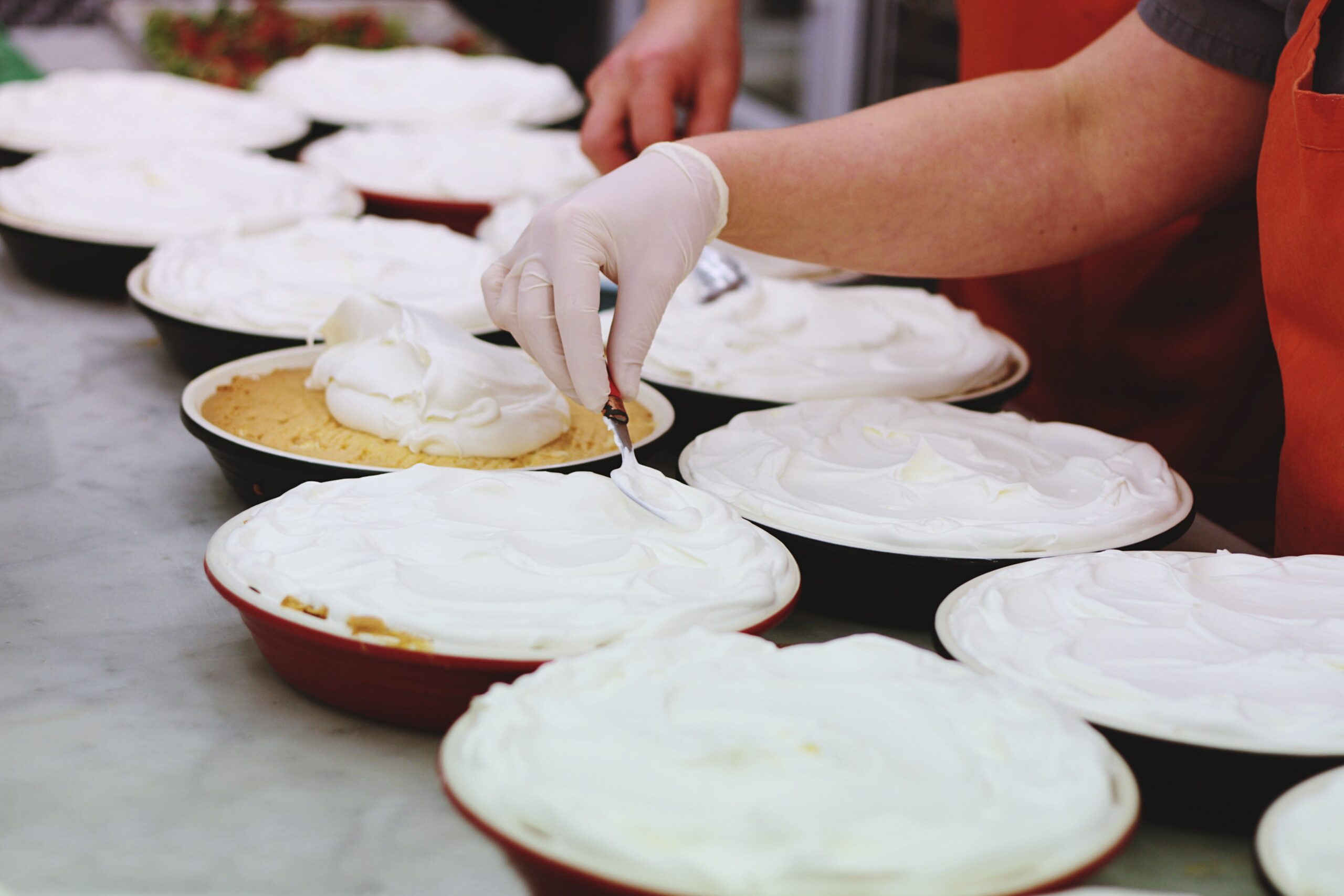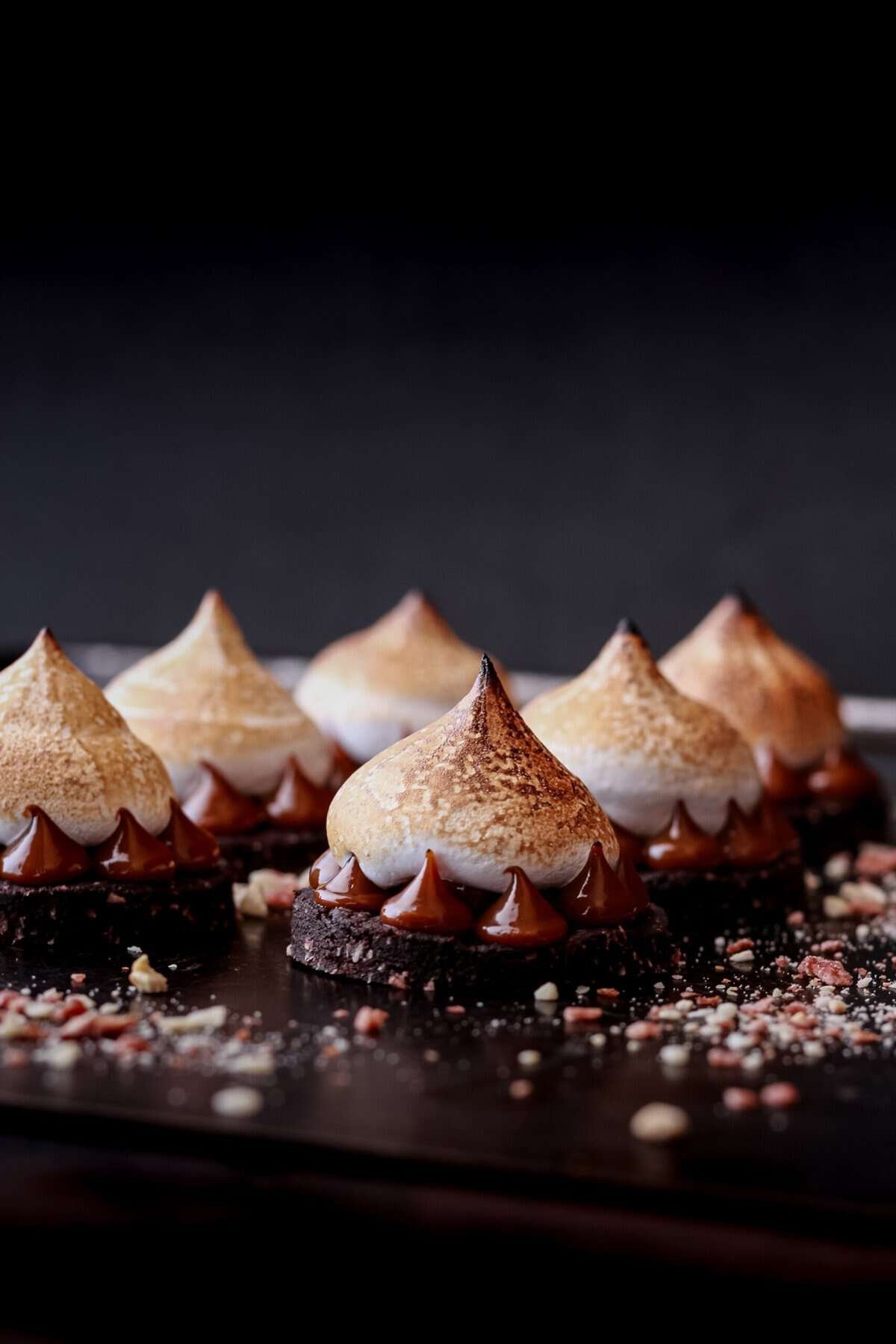Are you craving a sweet treat that will transport you to the vibrant streets of Argentina? Look no further! Discover the perfect traditional Argentinean dessert that promises to be a true indulgence for your taste buds. From creamy dulce de leche-filled alfajores to fluffy and irresistible churros, the options are endless. Get ready to satisfy your sugar cravings and experience the rich flavors of Argentina’s culinary heritage.
Traditional Argentinean Desserts
Overview
If you have a sweet tooth and love indulging in desserts from different cultures, then exploring traditional Argentinean desserts is a must. Argentina has a rich dessert culture that showcases a blend of European flavors, particularly Spanish and Italian influences. From creamy and caramel-filled treats to delicate layered cakes, Argentinean desserts are truly a delightful indulgence. In this article, we will take a closer look at some popular traditional Argentinean desserts, their origins, ingredients, and techniques, as well as explore various variations and modern twists to satisfy your dessert cravings.

Ingredients and Techniques
When it comes to traditional Argentinean desserts, you can expect a profusion of rich and decadent flavors. The staple ingredient in many Argentinean sweets is dulce de leche, a luscious caramel-like sauce that forms the foundation of several desserts. Made by slowly simmering sweetened condensed milk, dulce de leche adds a creamy and sweet depth to various treats. Additionally, ingredients such as chocolate, almonds, citrus fruits, and nuts are commonly used to enhance the flavors and textures of Argentinean desserts.
The techniques used in making these confections often involve baking, layering, and assembling different components. From delicate cake layers to meticulously prepared fillings and toppings, Argentinean desserts require patience and attention to detail. Whether it’s the precise caramelization of the meringue in Torta Rogel or the careful assembly of Panqueques con Dulce de Leche, the process of creating these indulgent treats is a labor of love.

Popular Argentinean Desserts
Dulce de Leche
Origin and History
Dulce de Leche, meaning “sweet milk” in Spanish, is a beloved Argentinean dessert that holds a special place in the hearts of locals. While the exact origin of dulce de leche is debated, it is believed to have originated in Argentina during the 19th century. It is said that this sweet sauce was accidentally created when a cook left a pot of milk and sugar on the stove for too long, resulting in a thick and creamy caramel-like mixture.
Ingredients and Preparation
To make dulce de leche, you will need only two ingredients: sweetened condensed milk and a pinch of salt. The traditional method involves simmering the sweetened condensed milk on low heat for several hours until it thickens and turns a deep golden brown color. However, there are also quicker methods that involve pressure cooking or baking the condensed milk in a water bath.
Indulgent Variations
Dulce de leche can be enjoyed in various ways. It can be spread on toast or pancakes, used as a filling for pastries, or even eaten straight from the jar with a spoon. Some indulgent variations of dulce de leche desserts include dulce de leche ice cream, dulce de leche cheesecake, and dulce de leche-filled alfajores.
Alfajores
Introduction to Alfajores
Alfajores are decadent sandwich cookies that are popular not only in Argentina but also in several other Latin American countries. These delicate treats consist of two buttery and crumbly cookie layers filled with dulce de leche and often dusted with powdered sugar or coconut.
Classic Recipe
To make the classic alfajores, you will need flour, butter, egg yolks, sugar, vanilla extract, and dulce de leche. The cookie dough is prepared by mixing the dry ingredients with the butter and egg yolks until it forms a smooth and homogeneous dough. The dough is then rolled out and cut into rounds, which are baked until golden. Once cooled, a generous amount of dulce de leche is spread on one cookie, and another cookie is sandwiched on top.
Modern Twists
While the classic alfajores are a timeless delight, modern twists on this traditional Argentinean dessert have emerged over the years. Some variations include dipping the alfajores in chocolate, adding a sprinkle of crushed almonds or coconut to the filling, or even incorporating orange zest or lemon juice into the cookie dough for a citrusy twist.
Torta Rogel
Background and Significance
Torta Rogel is a showstopper dessert that is often enjoyed during special occasions and celebrations in Argentina. This layered cake is believed to have been inspired by French mille-feuille or Napoleon cake, but with a distinct Argentinean twist.
Cake Layers
The base of the Torta Rogel consists of multiple layers of delicate and crisp pastry dough called masa folhada, which is similar to puff pastry. The dough is rolled out thin, baked until golden and flaky, and then stacked on top of each other to create a towering cake.
Caramel Filling and Meringue
Between each layer of masa folhada, a generous amount of dulce de leche is spread. The dulce de leche acts as a rich and creamy caramel filling, complementing the light and buttery pastry layers. The cake is then topped with a final layer of masa folhada and crowned with a silky-smooth meringue, which is delicately browned to perfection.
Chocotorta
The History of Chocotorta
Chocotorta is a no-bake dessert that has become a beloved classic in Argentinean households. This indulgent treat is said to have originated in the 1980s and gained popularity due to its simplicity and deliciousness.
Recipe for Chocotorta
The beauty of Chocotorta lies in its simplicity. To make this delightful dessert, you will need only a few ingredients: chocolate cookies (such as chocolate wafers or digestive biscuits), dulce de leche, coffee, and cream cheese. The cookies are soaked in coffee to soften them and enhance the flavor. Then, layers of soaked cookies are sandwiched with dulce de leche and cream cheese, creating a decadent and creamy delight.
Toppings and Variations
While the classic Chocotorta is a crowd-pleaser on its own, you can get creative with toppings and variations. Some popular additions include a sprinkling of crushed chocolate or chocolate shavings on top, a drizzle of chocolate ganache, or even a layer of whipped cream for extra indulgence.
Panqueques con Dulce de Leche
Description of Panqueques
Panqueques, also known as Argentinean crepes, are thin and delicate pancakes commonly enjoyed as a dessert. These versatile treats can be filled with various sweet or savory fillings, but when it comes to indulgence, panqueques con dulce de leche takes the spotlight.
Making Dulce de Leche
Before diving into the delightful world of panqueques con dulce de leche, it’s essential to learn how to make this decadent caramel sauce. As mentioned earlier, dulce de leche can be made by simmering sweetened condensed milk over low heat for several hours. Once the milk and sugar transform into a thick and creamy caramel sauce, it is ready to be used.
Assembly and Presentation
To make panqueques con dulce de leche, simply cook the thin pancakes and spread a generous amount of dulce de leche on each one. The pancakes are then folded into quarters or rolled into a cylinder shape, creating a tempting presentation. These caramel-filled delights can be served warm or chilled, and can even be topped with a dollop of whipped cream or a sprinkle of powdered sugar for added delight.
Pastelitos
Tradition and Occasions
Pastelitos are delightful Argentinean pastries that hold a significant place in local traditions and various celebrations. These flaky and indulgent treats are often served during holidays such as Christmas and Easter, as well as enjoyed year-round during gatherings and afternoon tea.
Dough and Fillings
The dough used to make pastelitos is similar to a buttery puff pastry dough, which gives them a light and flaky texture. The dough is typically filled with dulce de membrillo (quince paste), sweet potato jam, or a combination of the two. The fillings add a burst of fruity sweetness that pairs perfectly with the delicate pastry.
Popular Varieties
While dulce de membrillo and sweet potato jam are the traditional fillings for pastelitos, there are several other popular varieties to explore. Some of these include apple and cinnamon, strawberry, and even Nutella-filled pastelitos. Each variety provides a unique flavor profile and a delightful experience for your taste buds.
Flan
Introduction to Flan
Flan, a creamy and silky custard dessert, holds a special place in the hearts of many Argentineans. While flan is enjoyed in various countries, the Argentinean version showcases a distinct touch that makes it a true indulgence.
Classic Recipe
To make Argentinean flan, you will need simple ingredients such as eggs, milk, sugar, and vanilla extract. The custard is prepared by combining these ingredients and then slowly baking it in a water bath until set. The result is a smooth and velvety dessert with a caramelized sugar sauce on top.
Flavor Variations
While the classic flan is a delight on its own, it can also be enhanced with different flavors to suit your preferences. Some popular variations include coffee-flavored flan, coconut flan, or even a dulce de leche-infused flan. The possibilities are endless when it comes to adding a unique twist to this traditional Argentinean indulgence.
Arroz con Leche
History and Cultural Significance
Arroz con Leche, meaning “rice with milk” in Spanish, is a beloved Argentinean dessert that holds cultural significance. While its origins trace back to Spain, this dessert has become an integral part of Argentinean culinary traditions.
Ingredients and Cooking Technique
To make Arroz con Leche, you will need rice, milk, sugar, cinnamon, and vanilla extract. The dessert is prepared by slowly cooking rice in milk until it absorbs the creamy goodness and becomes tender. Sugar and warm spices such as cinnamon and vanilla are added to infuse the rice with delightful flavors.
Serving and Garnishes
Arroz con Leche can be enjoyed warm or chilled, making it a versatile treat for any occasion. It is often served in individual bowls or dessert cups, garnished with a sprinkle of ground cinnamon or a dollop of whipped cream. This comforting and creamy dessert is perfect for satisfying your sweet cravings while immersing yourself in the cultural heritage of Argentina.

Conclusion
Experience the sweetness of Argentina with traditional Argentinean desserts. From the caramel-filled indulgence of Dulce de Leche to the delicate layers of Torta Rogel, there is a treat to suit every dessert lover’s taste buds. Whether you choose to explore classic recipes or indulge in modern twists, Argentinean desserts offer a delightful journey into the flavors and traditions of this vibrant country. So, it’s time to celebrate and satisfy your cravings with a taste of Argentinean sweetness. Explore the rich dessert culture of Argentina and indulge in the decadent delights that await.

